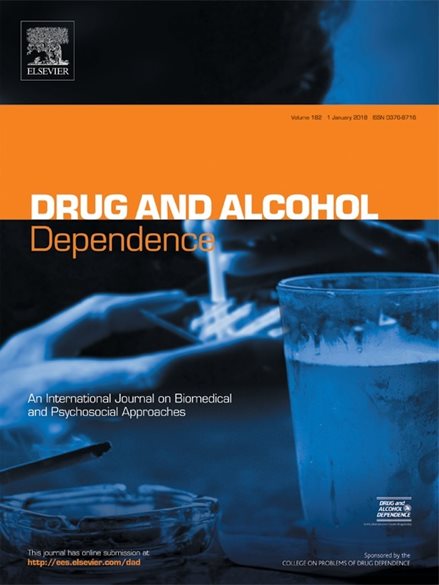Combined goal management training and mindfulness meditation improve executive functions and decision-making performance in abstinent polysubstance abusers


The clinical relevance of neuropsychological deficits in addicted individuals has fostered interest in treatment strategies aimed to effectively target executive and decision-making dysfunction. One of the best-validated interventions for executive dysfunction is Goal Management Training (GMT) (Robertson et al., 2005), an interactive program aimed at improving participants’ organization and ability to achieve goals. Mindfulness-based meditation can complement GMT training in order to improve attentional scanning
and “reading” of emotional signals involved in adaptive decision-making. In this pilot study we investigated the efficacy of a 7-week program including GMT + Mindfulness (GMT + MF), as compared to standard treatment alone (STx), for reducing executive and decision-making deficits in an outpatient sample of alcohol and polysubstance abusers. Eighteen participants were enrolled in the GMT + MF group, whereas 16 participants formed the STx group; both groups were matched for relevant demographic and clinical variables, and pre-treatment degree of executive dysfunction. Results showed that the individuals enrolled in GMT + MF significantly improved their performance on neuropsychological measures of working memory (Letter Number Sequencing), response inhibition (Stroop) and decision-making (Iowa Gambling Task) after the treatment; whereas individuals enrolled in STx alone failed to show significant changes. These preliminary results indicate that the GMT + MF intervention may be effective in reducing executive and decision-making deficits in polysubstance abusers, and they support future randomized controlled studies aimed at examining the extent to which these improvements may generalize to every day functioning and may affect the capacity of addicted individuals to achieve and maintain abstinence.
Veja o artigo complete aqui.

